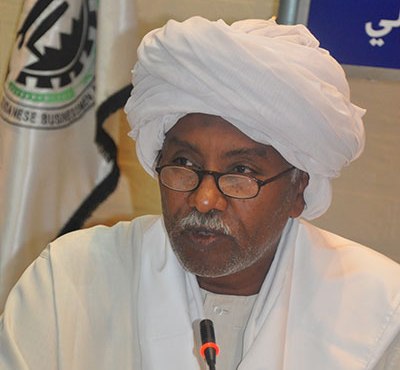Industrial Chambers: Factories in Khartoum became Land only after they were Looted

Sudan Events – Nahid Oshi
The former Secretary-General of the Sudanese Union of Chambers of Industry, Abbas Ali Al-Sayyed, has confirmed the continuation of looting and theft in the industrial areas, and said, “The industrial areas are still under the hands of the rebels and the control of the criminals and thieves.” He added in a statement to (Sudan Events) “Until now we have not been able to secure the industrial areas in Khartoum, Soba, Bahri and the local market, and everything is being stolen in those areas, even zinc, trusses, doors, windows, motors, cables, stationery, raw materials, manufactured materials, and factories have become just land that needs to be restored” while industrial areas were secured in Omdurman only.”
He pointed to the destruction of the industrial sector in the industrial areas (Khartoum, Bahri and Omdurman) and in Gezira State (Medani, Al-Hasahisa, Al-Haj Abdullah). Destroying the textile industry, ginneries, and infrastructure, burning all electricity transformers, melting copper and exporting it abroad, as 3,000 tons of molten copper were exported from industrial areas under the watchful eyes of the government, and not everyone paid attention to the exported raw molten copper until after it was exported.”
He considered the industry conference that was held recently in the city of Port Sudan a beginning and drew attention to the urgent issues of the industrial sector, but he said that most of the expertise and industrialists are outside Sudan and in remote areas, and the poor communications network prevented the sharing of much expertise, noting that the Union of Chambers of Industry participated in a working paper and also participated in the extensive discussion with the Federation of Employers, the relevant ministries and the Central Bank of Sudan, the recommendations came out comprehensive and multiple. He said, “If these recommendations find their way to implementation, the goals will be achieved, but unfortunately the recommendations relied on personal and local resources and local expertise. This is not enough to rebuild what was destroyed by the war.”
He stressed that reconstruction has a high cost and requires external resources and development and financing funds.
Abbas stressed the ability of the private sector, especially the industrial sector, to recover once the requirements are met.



